March 11, 2023: Senior members of the CCP’s Central Military Commission line up to take the oath at the National People’s Congress. From right to left: Zhang Youxia, He Weidong, Li Shangfu, Liu Zhenli, Miao Hua, Zhang Shengmin. (Lintao Zhang/Getty Images)
[People News] Recently, Hu Haifeng, the son of former Chinese Communist Party (CCP) General Secretary Hu Jintao, appeared at the opening ceremony of the 2025 Lujiazui Forum held in Shanghai. His appearance alongside Shanghai Mayor Chen Jining drew public attention. Currently serving as a Vice Minister of the Ministry of Civil Affairs, Hu Haifeng is considered to hold a relatively low-ranking and minor position. Du Wen, former Director of the Legal Advisory Office of the Inner Mongolia Government, believes that, based on recent reports, Hu Haifeng now oversees the Bureau of Social Organisation Administration. According to legal provisions, Hu Haifeng and the Ministry of Civil Affairs have the authority to abolish the CCP as an illegal organisation and arrest its leader, Xi Jinping.
In December 2023, Hu Haifeng was appointed as a member of the Party Leadership Group and Vice Minister of the Ministry of Civil Affairs. According to public information, he was previously responsible for children’s welfare and protection work at the ministry.
On June 25, Du Wen stated in his YouTube program Inside View of China that he noticed Hu Haifeng’s responsibilities had been adjusted or expanded. He now manages areas including the registration and approval of social organisations, industry associations, foundations, and private non-enterprise units — essentially overseeing the Bureau of Social Organisation Administration.
Du Wen pointed out that as a leader of the Ministry of Civil Affairs, Hu’s department legally holds the power to register and manage national-level social organisations.
According to public data, the Bureau of Social Organisation Administration (also known as the Social Organisation Law Enforcement and Supervision Bureau) is an internal agency of the Ministry of Civil Affairs. Its duties include drafting regulations for registering and supervising social organizations such as associations, foundations, and service institutions, managing and supervising them according to administrative authority, and guiding local departments in their work.
Du Wen raised the question: if the law is applied, should Hu Haifeng or the Bureau of Social Organisation Administration manage the Chinese Communist Party as an organisation? Legally, is a political party considered a social organisation?
Du explained that although regulations do not directly mention political parties, both legislative intent and official interpretations suggest that political parties are not excluded from the scope of social organisations or the Right of Association. Political parties are undoubtedly a form of association.
On May 7, 2012, then-Minister of Civil Affairs Li Liguo stated at a press conference held by the State Council Information Office that all political and human rights-related social organisations are equal in terms of registration and management. All political parties, party organisations, and social groups must register with the civil affairs departments.
Du Wen emphasised that under the legal framework, the CCP is also considered a social group and should fulfil its registration obligations. However, in reality, the CCP has never registered with the Ministry of Civil Affairs, nor have the eight so-called “democratic parties” under its leadership.
According to regulations issued by the Ministry of Civil Affairs, any organisation that carries out activities under the name of a social organisation without registering is considered illegal.
“So, the ruling CCP and the eight democratic parties under its leadership are, strictly speaking, illegal social organisations,” Du Wen argued. Although it may sound absurd, it is, without doubt, a true contradiction between China's current laws and politics.
Du revealed that this issue had long been a hot topic of discussion and research at high levels within China’s legal community and the Chinese Law Society.
In 2016, an elderly woman over 80 years old named Wang Xiuying wrote an open letter to Xi Jinping discussing the legality of the CCP. In her letter, she pointed out that the CCP was established on July 1, 1921, under the rule of the Kuomintang. Under such circumstances, the CCP could not have been legally and publicly formed as a political party. However, after gaining power in 1949 through a red revolution, the CCP has never truly addressed its own legitimacy as a political organisation.
Wang Xiuying said she submitted this public concern through the “Open Government Information” channel. Eventually, she received a response from the Beijing Municipal Committee of the CCP and the Beijing Municipal Government, confirming that the CCP had neither registered with the Ministry of Civil Affairs’ Bureau of Social Group Administration nor did it possess an Organisation Code Certificate of the People’s Republic of China.
She directly pointed out to Xi Jinping that the CCP, being both the ruling party and a social organisation, should and must abide by national laws and register with the Ministry of Civil Affairs. Otherwise, it is an illegally established organisation.
Du Wen said Wang’s open letter effectively pierced the legal facade.
To address this paradox, on December 5, 2000, the Ministry of Civil Affairs issued a document titled “Notice on Some Groups Exempted from Social Group Registration.” However, the list of exempted organisations did not include the CCP or the eight democratic parties under its leadership.
Du stated, “Since the CCP and democratic parties are neither on the exemption list nor officially registered, based on the literal reading of the rules, their legal status is in a void — they exist in legal limbo.”
As Vice Minister of Civil Affairs, if Hu Haifeng indeed oversees the Bureau of Social Organisation Administration, does he theoretically have the legal authority to revoke the CCP’s status and ban it?
Du Wen answered yes.
He explained that the Ministry of Civil Affairs is the national authority in charge of social organisation registration. “If the CCP is considered a social organisation but is operating without legal registration, then under the clear provisions of the law, the Ministry has full authority to declare it an illegal organisation, ban it, and arrest its leaders. Charges such as illegal operation or fraud could be applied, potentially resulting in life imprisonment or even death sentences — all fully in line with the law.”
According to regulations for banning illegal social organisations, the Ministry of Civil Affairs has the authority to issue warnings, order a halt to activities, and even dissolve such organisations.
However, Du also remarked that under current conditions in China, this kind of scenario could only occur in fantasy. Hu Haifeng is a CCP member, and both his career and personal safety are entirely tied to the Party. It is impossible to expect him to challenge the CCP’s legitimacy.
Hu Haifeng’s father, Hu Jintao, was the former General Secretary of the CCP. When handing over power to Xi Jinping, Hu Jintao fully relinquished control of the Party, government, and military, a move praised as noble and high-minded, paving the way for Xi’s smooth succession. At the 20th Party Congress, Xi Jinping humiliated Hu Jintao by having him forcibly removed from the venue in full view of the public. Analysts say that if Hu Haifeng wished to avenge his father, he could declare the CCP an illegal organisation and ban it. Xi Jinping, as the head of this illegal organisation, would naturally face legal consequences.
“But if Hu Haifeng were to issue a request for the CCP to formally register or declare it illegal, he would immediately be labelled a politically problematic cadre, dismissed, investigated, and eliminated within minutes,” Du Wen asserted. “Hu Haifeng would never dare to touch this ‘Achilles’ heel’ of the CCP’s unregistered status.”
Xi Jinping holds a PhD in law from Tsinghua University and constantly preaches the rule of law and Party governance according to law. Yet to this day, he has not secured a legal status for his own Party. Meanwhile, civil affairs departments ban associations and foundations on a daily basis, but turn a blind eye to the largest illegal organisation of all. Du lamented: “Here, the law has become a servant of politics.”
Adding to the irony, Qin Yongmin and others in 1998 publicly attempted to establish the “China Democracy Party Hubei Preparatory Committee” and applied for registration with the Hubei Provincial Department of Civil Affairs. Later, they established the Hubei Provincial Branch of the China Democracy Party. Qin was arrested and sentenced to 12 years for “subverting state power.” In 2018, he was again sentenced to 13 years for the same charge and stripped of his political rights for three years.
(First published by People News)


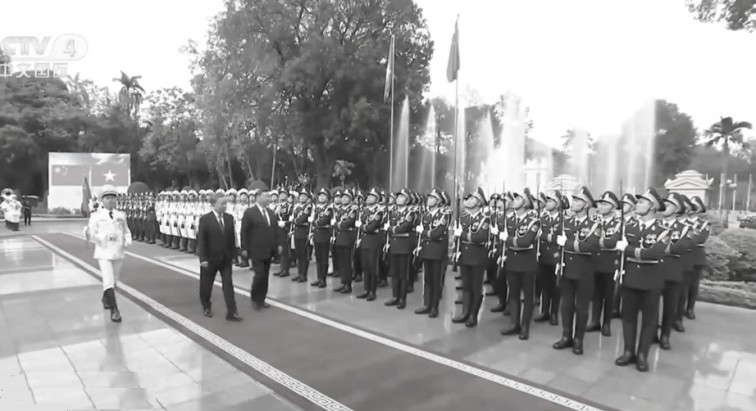
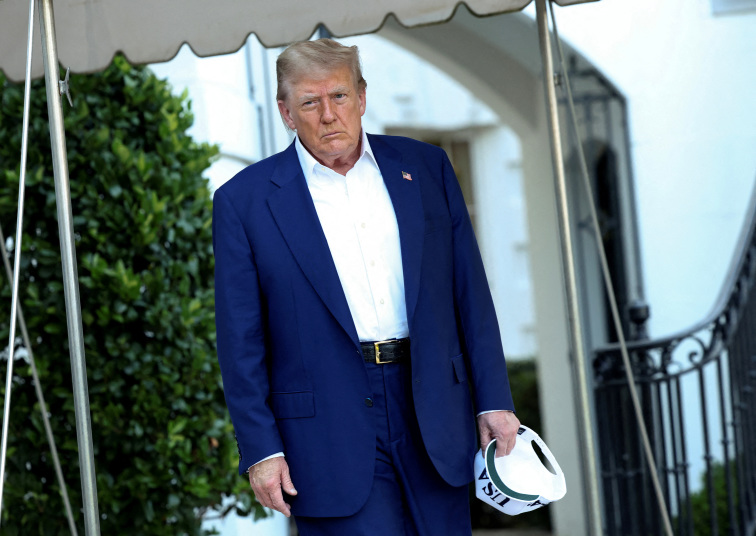

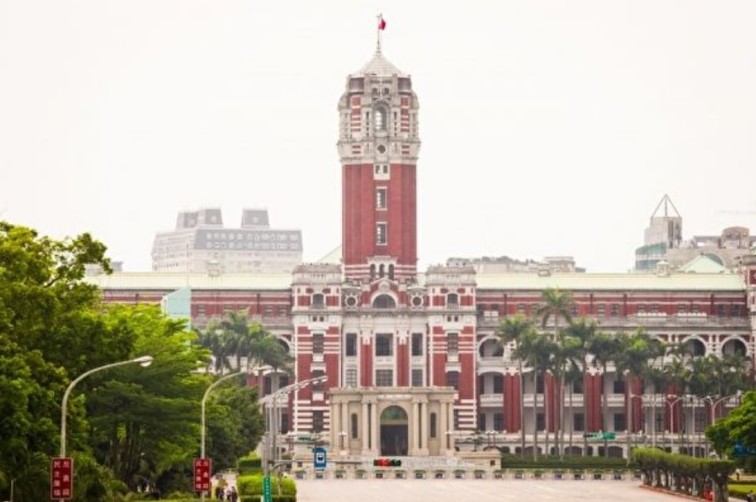
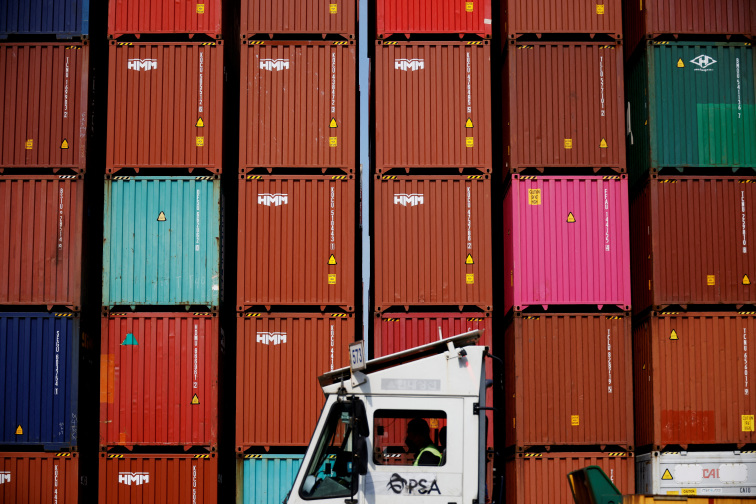
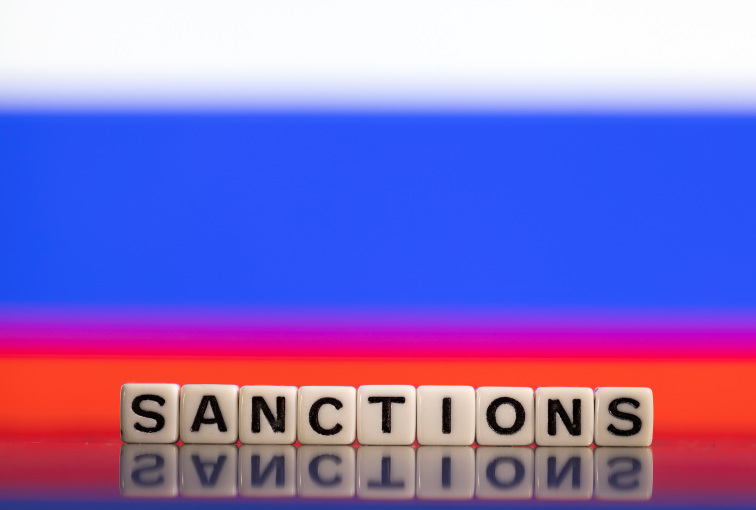



News magazine bootstrap themes!
I like this themes, fast loading and look profesional
Thank you Carlos!
You're welcome!
Please support me with give positive rating!
Yes Sure!